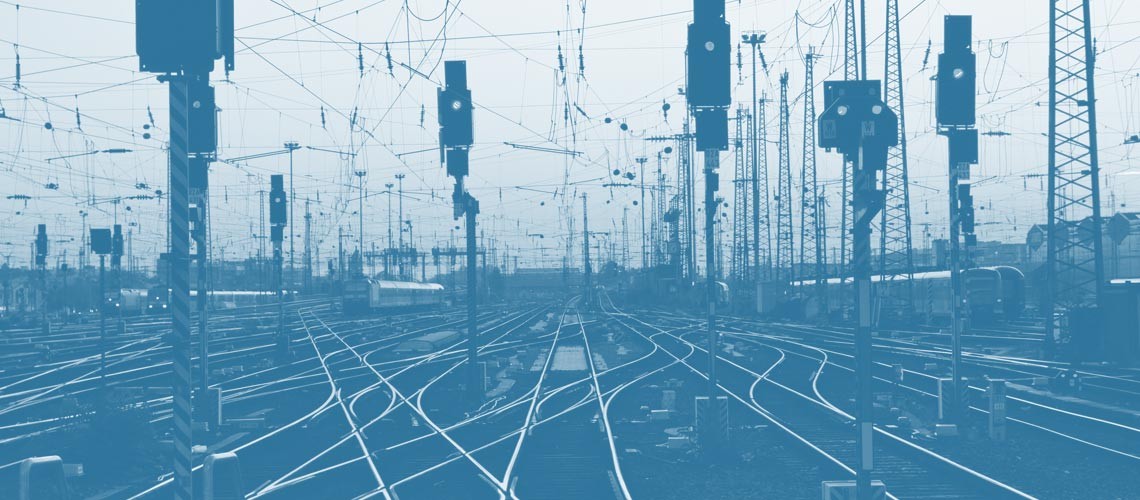
Nowadays, the need for a modal shift from road to rail is increasing in different contexts.
The basic idea for the majority of our analysis is that a railway infrastructure hasn’t a given capacity but it is connected to its operational use, which can be optimized and controlled real-time, hence adding capacity in already highly used networks.
Our service reconstructs a general overview of a railway network, focusing both on the infrastructure and the service. This picture support Infrastructure Managers, Railway Undertakings or other stakeholders in the possible expansions of traffic on rail, by shifting the current volumes from road to rail or by attracting new traffic after a new offer of rail services or by investing in infrastructures.
Specific skills have been developed in the field of punctuality of railway operations and timetable stability analysis, which are the key-point for the reliability of both cargo and passengers’ rail services.
Aleph undertakes simulations with self-developed software tools, which can be modified and customized in order to answer to our clients’ needs.
The specific activities in this fields are:
- Feasibility studies of new missions, both cargo and passengers
- Infrastructure analysis of railway lines
- New projects evaluation: alternatives analyses and conceptual design development
- Bottlenecks analysis
- Scheduling: operation plan development
- Delay propagation analysis and timetable stability analysis
- Performance simulation and traveltime predictions
- Theoretical and residual capacity estimation
- Database elaboration
- Demographic scenario elaboration
- Boardings statistic processing
- Passengers and cargo volumes forecast
Experience in the specific activity of microsimulation of the interaction of urban tramway lines with road traffic has been developed.
